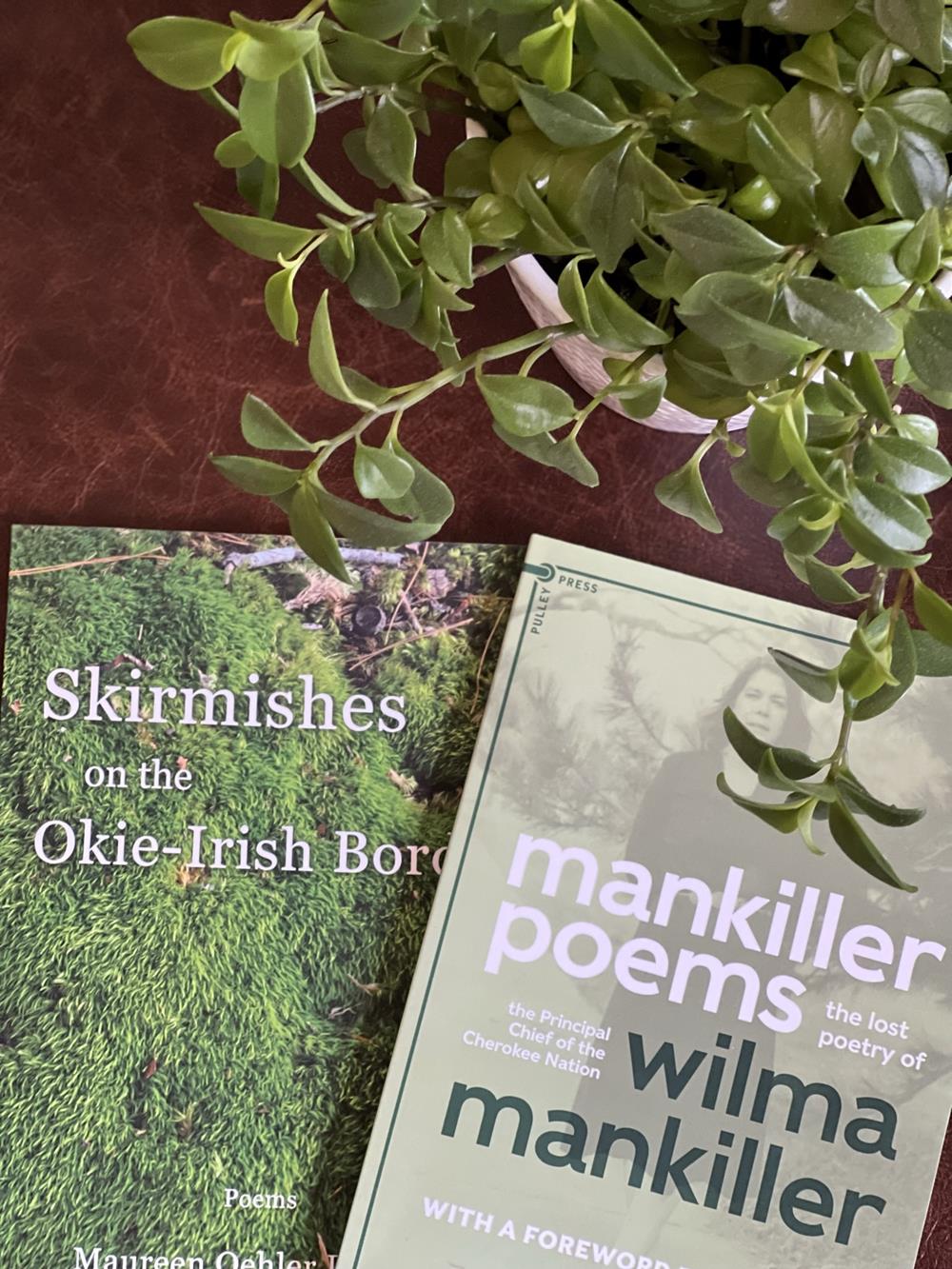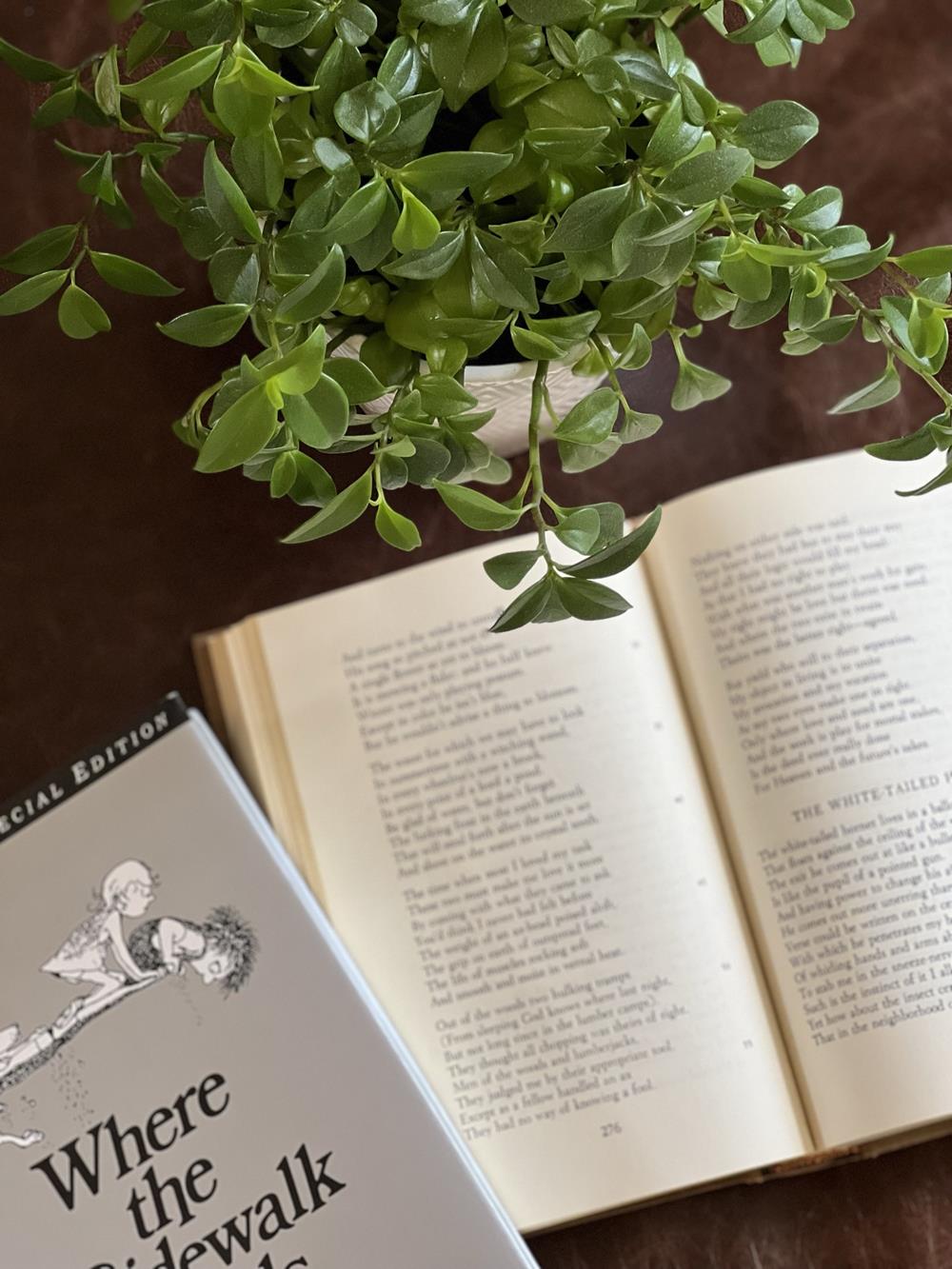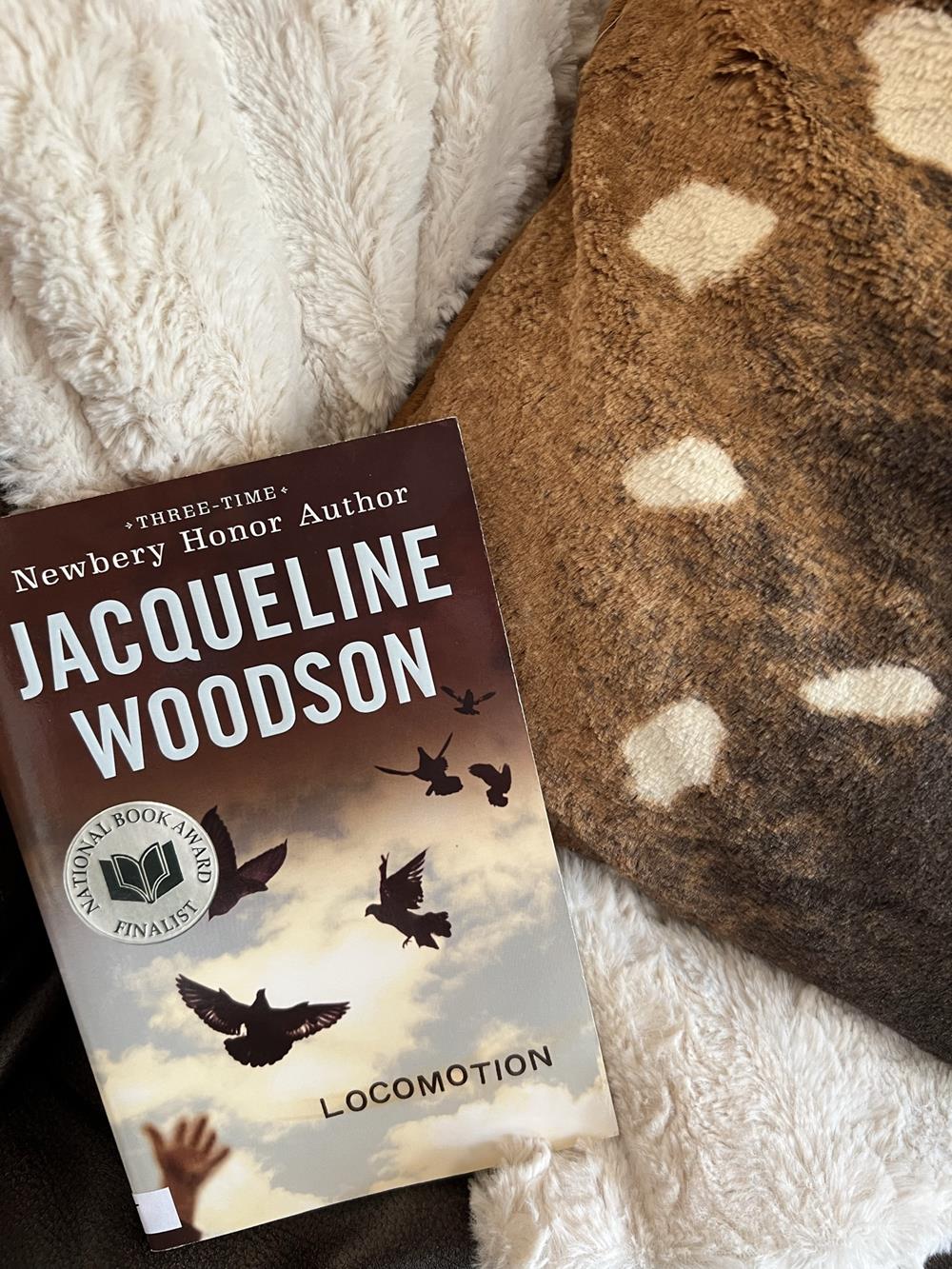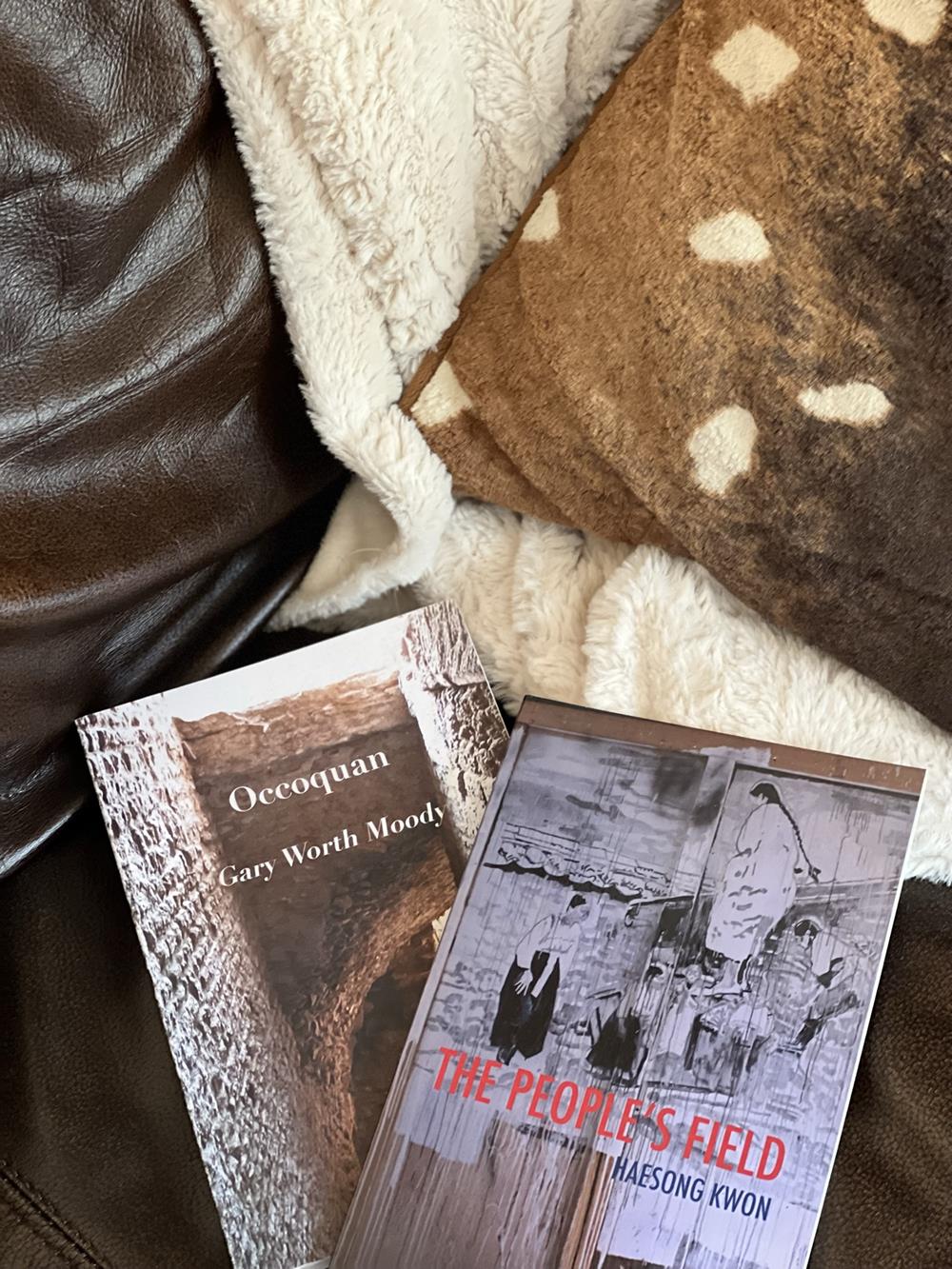Grace is sharing her thoughts on How Schools Ruined Poetry. This could also be called how to enjoy poetry more.
If you are a newer reader, Grace is my daughter. She and I started this site back when she was in high school. She used to do a lot of book reviews and writing on the site, but then she got busy with college.
She graduated in May, with a degree in English and a minor in Criminal Justice, so she has a little more time. She is now teaching middle school English but still plans to read and share her thoughts on books and literature here with you.

Poetry, as a poet myself, is about capturing emotion.
And when reading it, it is still about finding the emotions within the poem that you connected with.
There is a lovely Audre Lorde quote that goes “There are no new ideas. There are only new ways of making them felt.”
This is why poetry is so useful. Why it should be read. How it should be looked at by a reader.

However, schools, at least when I was taught poetry, missed this.
They were always attempting to find one singular meaning or interpretation. They often went off historical context or what an author may have meant the poem to express.
These are definitely ways to look at a deeper meaning of a poem.
Utilizing a lens can bring out possible meanings or emotions of a poem, but that is not the sole purpose of poetry.
It is supposed to bring a reader into a situation they have felt and put words to the emotions. It might also help a reader know that others have felt it.
Poetry needs to be taught as an expression of feelings so that when someone goes through heartbreak, love, loss, joy, anger, and so on, poetry is a way to find forms of expressions of these emotions.
It is part of why we like music and lyrics because they express emotions that we can connect to.
Or maybe it is an emotional experience we have never had but want to connect to or learn about.

Schools though do not focus on this element of poetry.
They go straight to: what is the meaning of the poem? Why was this word used? What meter is it in? What was the author’s intent?
These are important details if you are trying to replicate the poem or really understand why you felt the way you did.
But the first question a teacher should be asking is: How did the poem make you feel? What emotional connection did you have?
I dislike trying to find an author’s intent. One should be focusing on the speaker (who is like the narrator of the story) of the poem, which very well may not be the author.
The poem could be a form of creative nonfiction, but this I find is rarely the case, so looking for elements of the author can actually draw away from the author. However, this is my personal opinion due to the literary lenses I prefer to use.
And it also needs to be realized that not every poet or poem is your poem. You will not always connect to emotions being conveyed in a poem. Even famous ones may not click for you.

Certain styles may not be for you.
You might only like rhyme.
Or historical driven poetry.
Or be like me, I stick mostly to free verse or short poems like Tanka or Kimo.
I also enjoy more specific story based poems or about nature.
My thought is to not let your feelings of poetry from high school or middle school define poetry now.
You might enjoy poetry now that you are an adult.
The comedy in something like Where the Sidewalk Ends or something nature focused like Mary Oliver might be enjoyable to you now.
My tip is maybe to look around on Poetry Foundation and read a few different types of poetry and see if anything speaks to you just by the emotion expressed and not just focused on a meaning.
Know that you can make the meaning or connection as a reader to the poetry, and you do not always have to listen to what others find as the intent or draw from a poem.
I hope my thoughts on how schools ruined poetry help you enjoy poetry more and that it inspires you to read poetry with kids.
